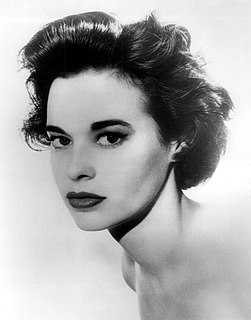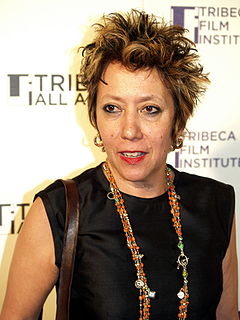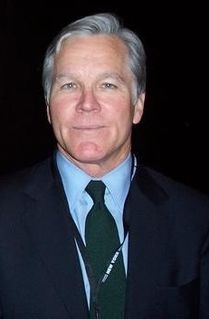A Quote by Robert Redford
Radio, newspapers, they were normal parts of my life. In those days, you had to go somewhere to watch television and leave something to see it.
Related Quotes
I've had bad days and good days in my life, but I've never had a day when I didn't enjoy that red light going on. Whether on the radio, or on television, there's still a little bump every time it goes on. And if you can spend a life, if you can get paid well for doing something you absolutely love, well you can't beat that.
I have stood aside to see the phantoms of those days go by me. They are gone, and I resume the journey of my story.’ (David Copperfield) “But all that night he lay awake because the phantoms of those days were not gone. Like the tiny, terrible holes in the prophylactics, the phantoms of those days were not easy to detect—and their meaning was unknown—but they were there.
When you start in the childhood period, when you begin to form a comic sense, it was the radio comedians - from the last days of radio and the first days of television. And Spike Jones. And the Marx Brothers. They represented anarchy. They took things that were nice and decent and proper, and they tore them to shreds. That attracted me.



































